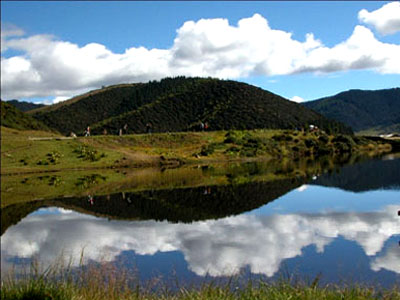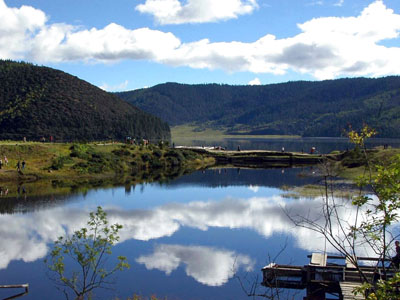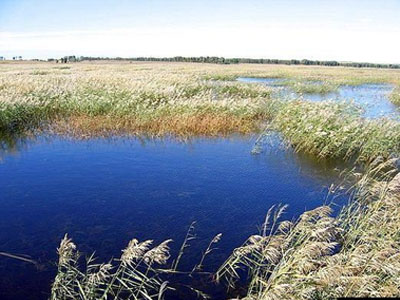| Home / Environment / News | Tools: Save | Print | E-mail | Most Read |
| SEPA to pilot ecological compensation system |
| Adjust font size: |
China's environmental watchdog will launch a trial of a national ecological compensation system for natural reserves, mineral resources, and rivers, an environmental official said on Tuesday. "The ecological compensation system is an important economic policy on environmental protection that adjusts the interest between ecological protection and economic construction," said an official with the State Environmental Protection Administration (SEPA), who declined to be named.
He said the pilot program aimed to help people living around natural reserves to change their lifestyles so as to reduce the environmental pressure caused by human activities. China has 2,349 natural reserves, covering about 1.5 million square kilometers, or 15 percent of its land area. An overall evaluation on the impact of surrounding construction on natural reserves would also be conducted, he said. Government departments would draft a scientific ecological compensation system on mineral resource exploitation and establish an "inter-regional coordinated mechanism" to protect river networks, the official said, adding local governments should select areas to implement the system. SEPA has studied the compensation system since the 1990s and piloted an ecology compensation fee collection system in 24 state-level natural reserves in 685 counties of 11 provinces. Last year, Chinese film director Chen Kaige was fined 90,000 yuan (US$11,250) for littering and destroying vegetation while shooting his US$42 million film The Promise at a scenic nature reserve in Shangri La, in the southwestern province of Yunnan. The local authority said the fines were used to restore ecology damaged by the film shooting, although complete restoration became impossible.
(Xinhua News Agency September 12, 2007) |
| Tools: Save | Print | E-mail | Most Read |
 |
| Related Stories |



